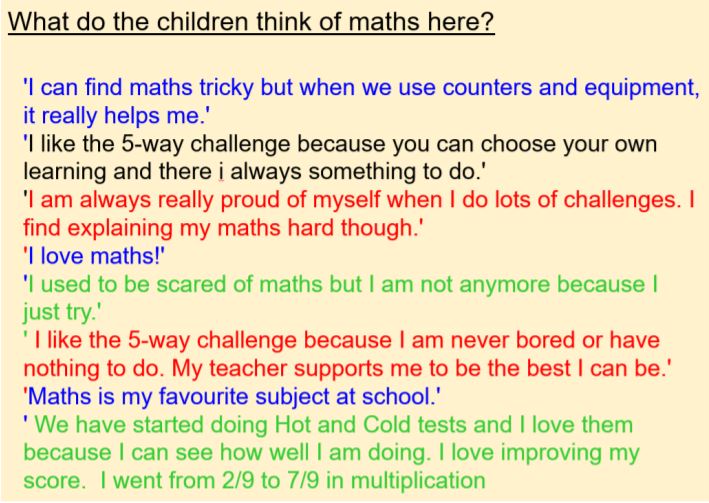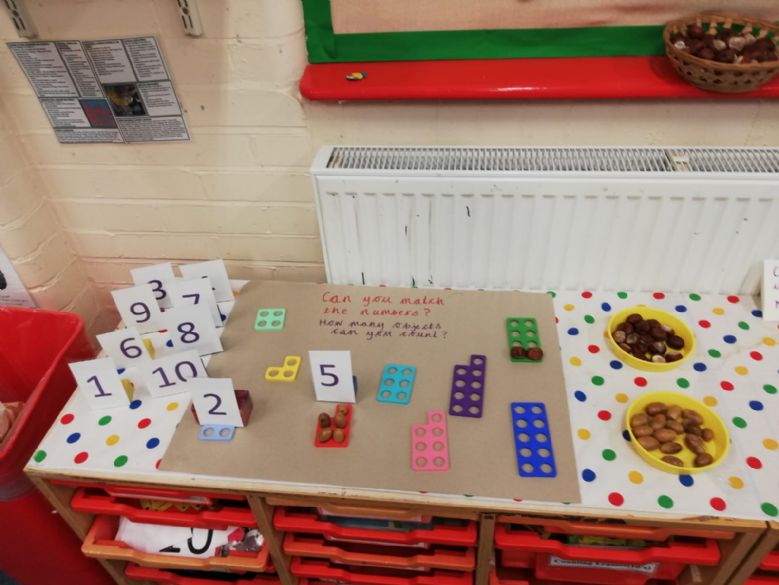Mathematics
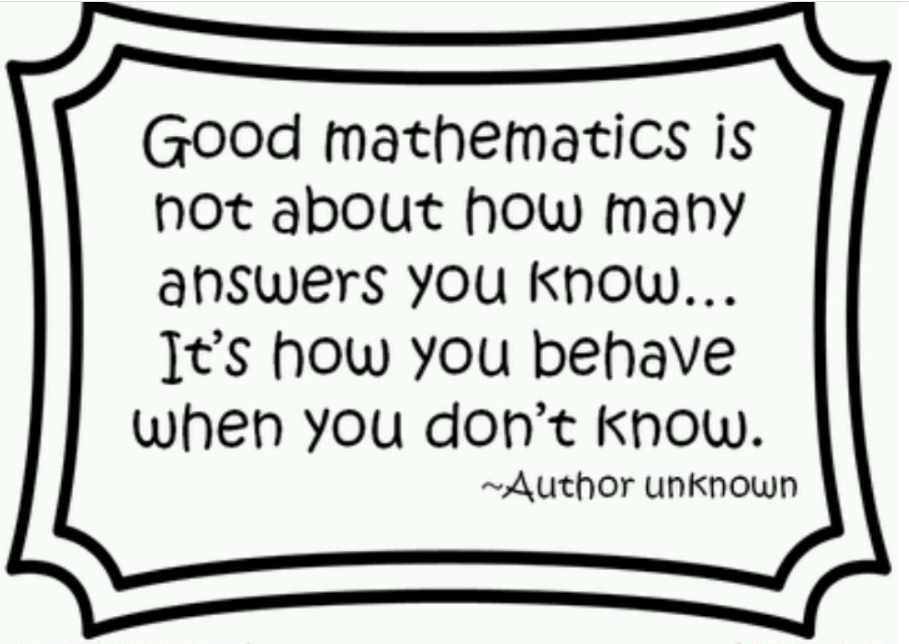
Our ambitious curriculum is designed in such a way that all our children access mathematics and can reason/ debate and justify in all areas of the curriculum. Children demonstrate resilience when a concept is challenging and this determination and support, enables them to be successful mathematicians. Every child at Calcot Schools is a mathematician.
Curriculum Intent
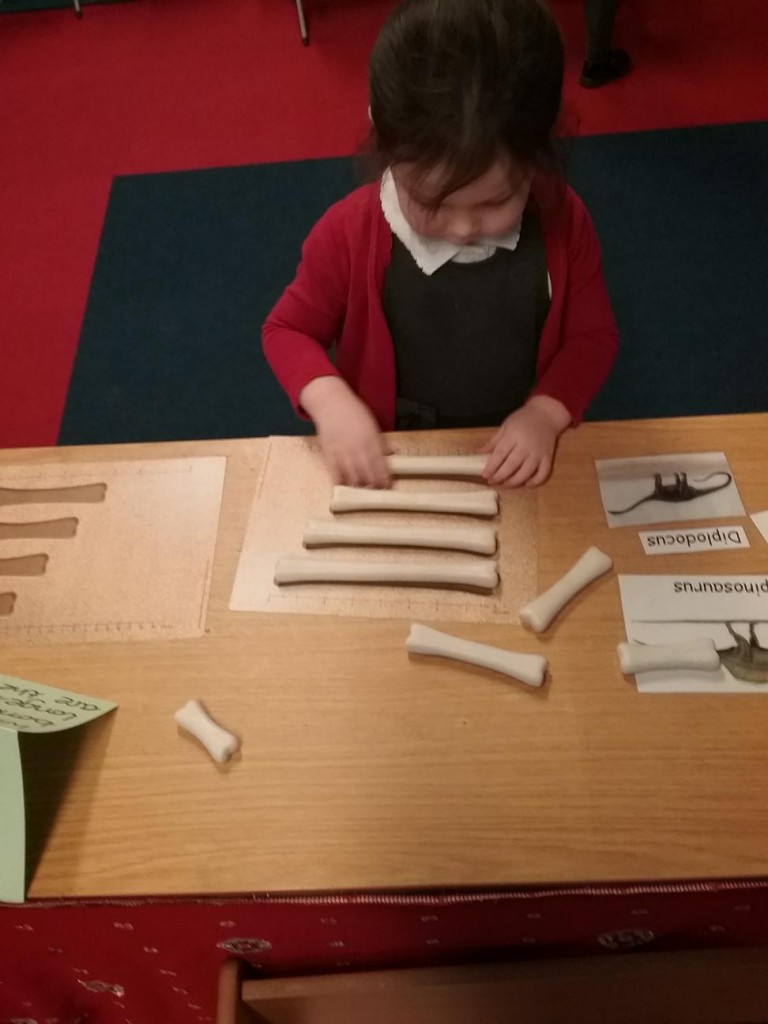 The curriculum at Calcot has been designed in such a way that skills and knowledge are explored and revisited year upon year. Previous skills are consolidated and built upon. Children will develop resilience and self-confidence in applying their learning skills. The collaboration between peers and adults in the classroom should drive their learning and provide opportunities for mathematical discussions and allow questions to be asked. The maths has a real- world contextualisation to maximise on progress and to equip the children for their lives beyond school.
The curriculum at Calcot has been designed in such a way that skills and knowledge are explored and revisited year upon year. Previous skills are consolidated and built upon. Children will develop resilience and self-confidence in applying their learning skills. The collaboration between peers and adults in the classroom should drive their learning and provide opportunities for mathematical discussions and allow questions to be asked. The maths has a real- world contextualisation to maximise on progress and to equip the children for their lives beyond school.
Curriculum Implementation
An inclusive approach to teaching has been implemented at Calcot Schools and all lessons are planned and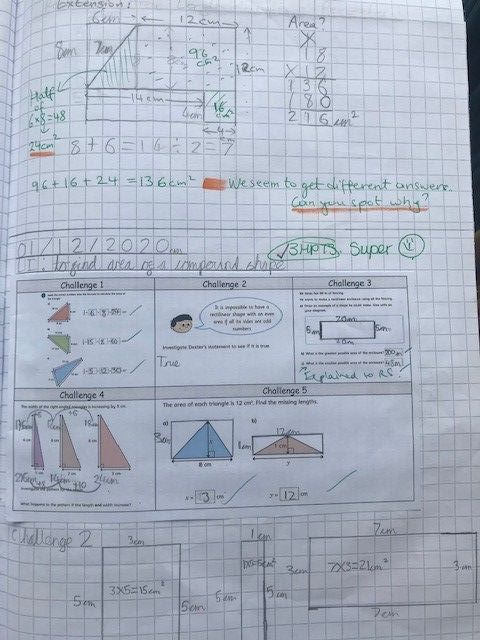 delivered in order to allow children to reach their potential, beginning with EYFS. Calcot Schools have taken their teaching strands from the National Curriculum and then based their progression of teaching on the White Rose Teaching sequence. From this, we create our learning challenges, using a range of resources to support the learning.
delivered in order to allow children to reach their potential, beginning with EYFS. Calcot Schools have taken their teaching strands from the National Curriculum and then based their progression of teaching on the White Rose Teaching sequence. From this, we create our learning challenges, using a range of resources to support the learning.
EYFS have broken down their counting skills and there is a progression document in place for this. Work is carried out through sets of challenges, which include fluency, problem-solving and reasoning and children are encouraged to move their own learning on, with no ceilings being put on any child’s learning. Content of challenges is taken from a range of places, including:
- White Rose
- NCETM
- Gareth Metcalf- I see Reasoning and I see Problem Solving
- R2P criteria
- Classroom Secrets
- Non- Statutory DfE guidance
- Teachers’ own styles of questions
When planning and delivering a unit in maths, teachers embed and demonstrate elements of teaching through mastery in the following ways:
Small steps with continuous links to previous learning
- The building upon basic skills in order to unpick the more challenging concepts
- The Implementation of the Calculation Policy (Concrete> Pictorial> abstract).
- The implementation of bar modelling and the language of part- whole from EYFS up to Y6. Part- Whole is used as a way of unpicking mathematical problems
- Children are encouraged to draw pictures in order to aid their understanding. Inclusion of the real- life context.
- Mathematical discussions through probing questions, such as: How do you know? Is she/ he right? What would happen if? Always, sometimes, never? True or False?
- The use of Stem Sentences in order to develop talking around maths and Oracy. For example: There are_____ equal groups and in each group there are______ objects
- The use of resources in order to allow all children to access learning (Numicon, dienes, Base 10, double sided counters, place value counters, manipulatives, place value grids, arrow cards)
- Opportunities to explore concepts in ‘Greater Depth.’
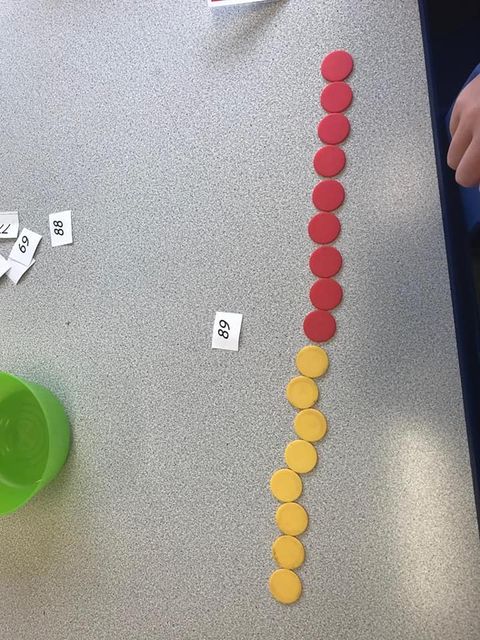 Each unit of work begins with a ‘Cold Test’ created by the teacher, in line with The National Curriculum expectations. This will inform gaps in learning and will also inform the teacher’s planning. It allows for misconceptions to be picked up on ahead of the lesson and ensures that challenge is there for the more able children. At the end of a unit, a ‘Hot test’ is completed. This is a measure of progress of understanding and allows the teacher to identify children that still need further support with certain concepts. All tests are recorded in teacher mark books and teachers use this data to inform planning. Mark books are monitored by the SMT and demonstrate gaps in knowledge and support being given to plug the gaps.
Each unit of work begins with a ‘Cold Test’ created by the teacher, in line with The National Curriculum expectations. This will inform gaps in learning and will also inform the teacher’s planning. It allows for misconceptions to be picked up on ahead of the lesson and ensures that challenge is there for the more able children. At the end of a unit, a ‘Hot test’ is completed. This is a measure of progress of understanding and allows the teacher to identify children that still need further support with certain concepts. All tests are recorded in teacher mark books and teachers use this data to inform planning. Mark books are monitored by the SMT and demonstrate gaps in knowledge and support being given to plug the gaps.
Assessments are carried out daily. Main assessments are taken from Rising Stars, Puma. The KS2 papers are Reasoning and Arithmetic in preparation for The National Test at the End of Y6. KS1 sit Puma Maths papers also. Teacher Assessment and Data from the Puma test are submitted three times a year. Year 2 and Year 6 have the National Test. Baselines are carried out in EYFS. The Baseline test has been written by the school.
Curriculum Impact
Children at Calcot speak about Maths with confidence and enthusiasm. They are able to make links with the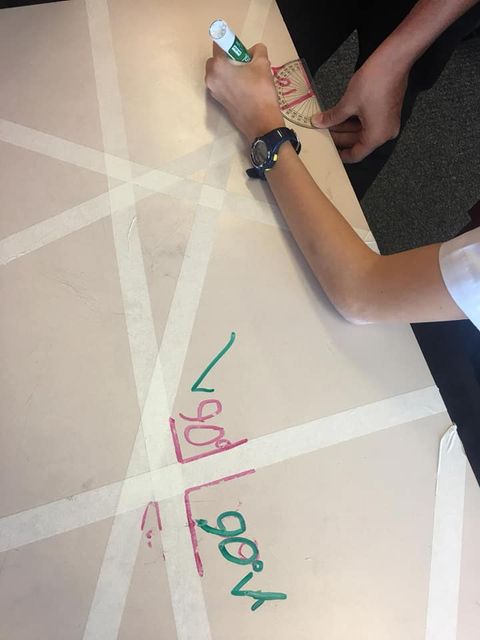 real world and have a good understanding of why we learn things. Children are becoming more confident with reasoning and explaining mathematical concepts. This is evident in their lessons and within their books. Children are able to articulate using key vocabulary and are beginning to develop full sentences when answering questions in the classroom. Children of all abilities feel happy to use resources in order to support their learning and can be very independent in doing this. They are able to use basic skills in order to approach more challenging concepts higher up the school. Staff spend time crafting lessons that allow all children to practise fluency, problem solving and reasoning at whatever level they are working at. This is also evident in books and conversations with the children.
real world and have a good understanding of why we learn things. Children are becoming more confident with reasoning and explaining mathematical concepts. This is evident in their lessons and within their books. Children are able to articulate using key vocabulary and are beginning to develop full sentences when answering questions in the classroom. Children of all abilities feel happy to use resources in order to support their learning and can be very independent in doing this. They are able to use basic skills in order to approach more challenging concepts higher up the school. Staff spend time crafting lessons that allow all children to practise fluency, problem solving and reasoning at whatever level they are working at. This is also evident in books and conversations with the children.
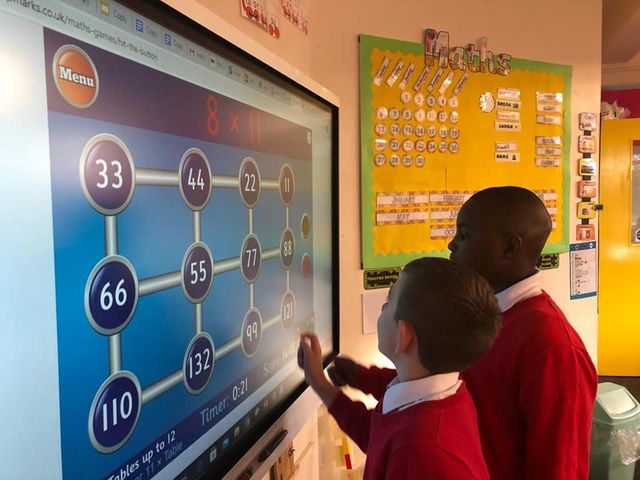
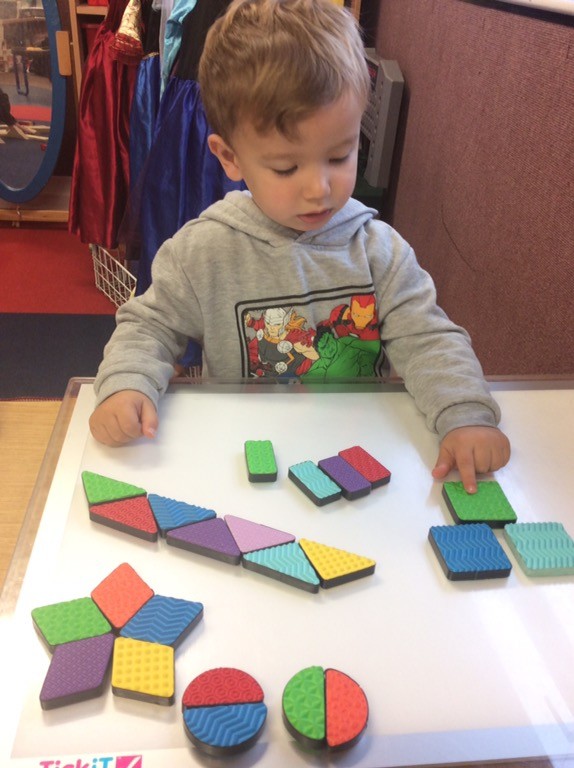
News!
Open Mornings
Calcot Infant School will be holding open mornings over the next couple of months to enable prospective families to view the school and get a taste of what our amazing school can offer.
Read moreOFSTED 2023
Our schools were inspected in 2023 and both schools were recognised for their excellent drive to provide children with an exciting, broad and balanced curriculum. It was commented upon that as pupils move through the school, there is a wealth of opportunities to enrich their lives, including lunchtime, after-school clubs, arts and sporting events.
Read more

